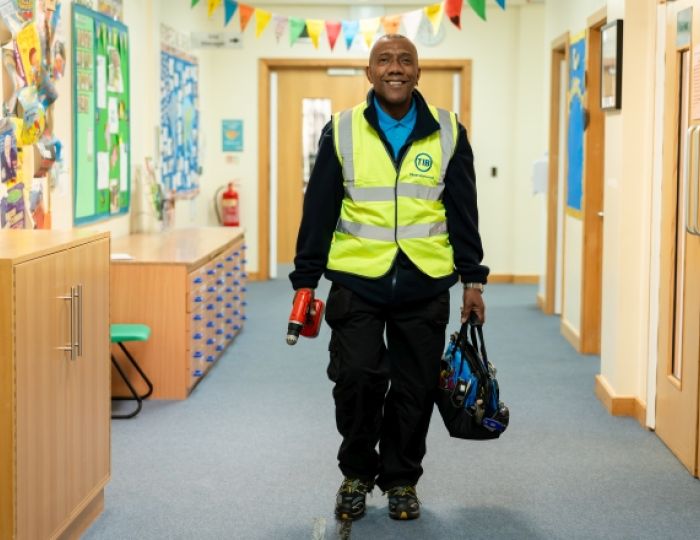The importance of parental participation in a child’s education is well documented, with plenty of research available to show the many advantages it brings to them academically, emotionally and behaviourally. But what happens when parents and carers themselves feel they lack the skills or ability they need to get properly involved?
Challenges in supporting a child’s learning and development can exist in any school or community, but may be more acute in deprived or culturally diverse areas. Whether it’s due to their own level of education, the pressures of poor health, language barriers or other issues that stand in the way, reaching and engaging these families is critical to helping their children achieve their full potential.
However, some some schools have been making great strides and leading the way in terms of parental engagement, bringing the community together to support families. Take, for example, Rowlands Gill Primary School in Tyne and Wear, where the PTA recognised that some children’s behaviour in class reflected challenges at home. The school’s PTA and SLT decided to address the problem by employing a family support worker and setting up an outreach programme, through which it was able to strengthen home-school ties with advice and support and improve children’s behaviour in school.
Richmond Park School in Carmarthenshire, meanwhile, broke down barriers that existed between home and school by holding a series of events designed by the teachers and PTA to engage parents. These included teacher-led academic and reading workshops, as well as sessions on hygiene and organised sporting activities that parents could get involved in. Since introducing these weekly parent-focused events the school has seen better attendance, the children’s reading ages have improved and more mums and dads now attend parents’ evenings.
So how should you get the process started? SBLs can play an important role in establishing mechanisms for parental engagement. Recognising what issues matter to parents is important, but you’ll need a system in place for gathering information and feedback if your efforts are to successful.
Working with senior leaders and governors or trustees to champion parental involvement in school can help build the expectation that parents can and should have a role to play in their child’s education. Where schools are able to support mums and dads through out-of-school advice and learning sessions, that’s when the most progress can be made.
Working with an existing PTA or parent group within your school to encourage and support those parents who rarely get involved is a good place to start. By inviting feedback and taking on board the challenges they may be facing, schools can tailor the support they provide to the specific needs of the community. Our own research has found that parents welcome this kind of support from schools, and are eager to work with them on tackling an array of issues, ranging from mental health difficulties to social media challenges, cyber bullying and beyond.
In association with Parent Councils UK, we are currently delivering a series of training courses for SBLs and leaders on how to develop a whole school approach to parental engagement, break down barriers and set up a Parents Council. Further details can be found at parentkind.org.uk/forschools/training.
Michelle Doyle Wildman is acting CEO of Parentkind.




_945_573_int_s_c1_c_t.png)





